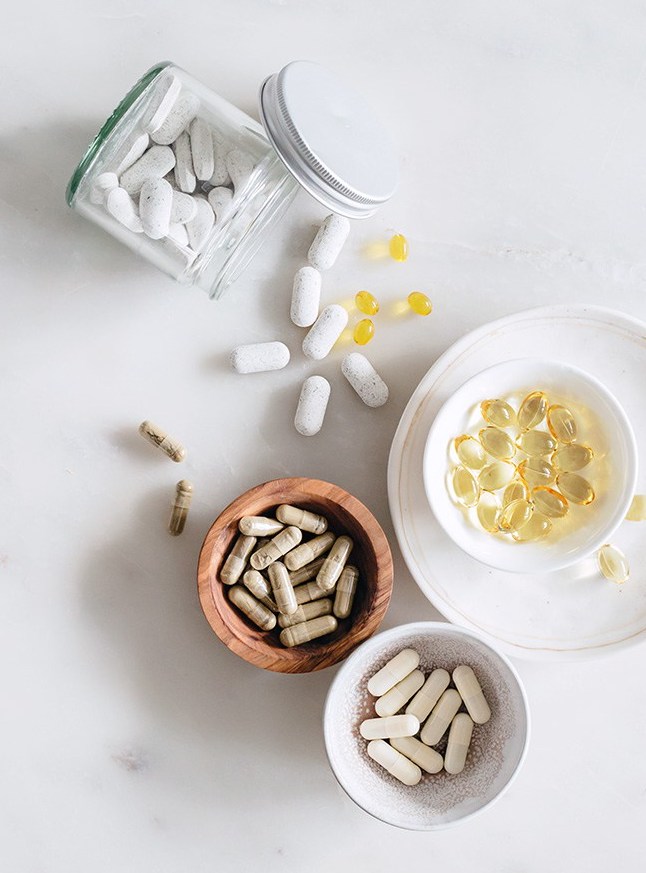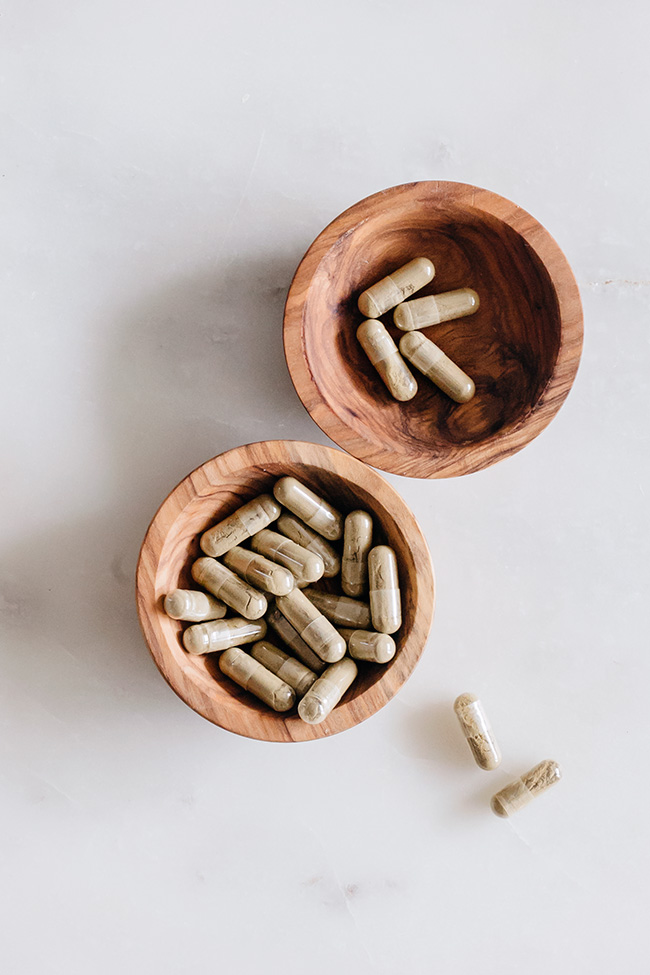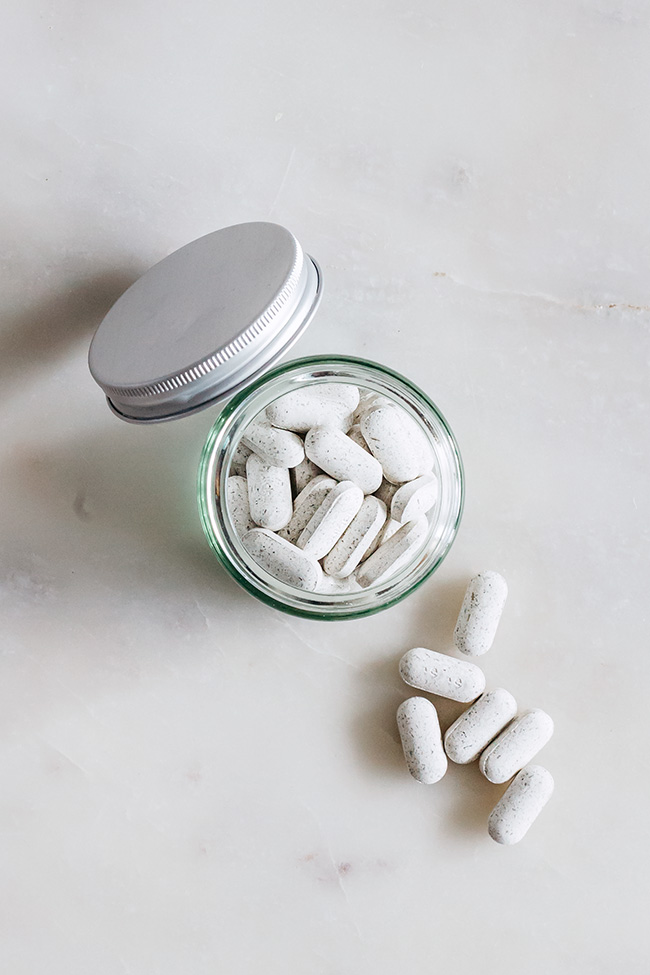There are lots of reasons you may be considering a dietary supplement: vegetarianism, pregnancy, or just trying to optimize your health. But where do you even begin with choosing the right one?
Have you been in a supplement store lately? Man oh man, it’s a jungle out there! But with a few important things in mind, you can ensure you’re getting the best supplements for your money, and your body.

Not all supplements are created equal
Most vitamins and minerals will list the “percent daily value” on the label, and while it may be reassuring to see 100% daily value for each nutrient on the list, this may lead to a false sense of security.
It’s important to note that most recommended dietary allowances for nutrients are set at a level to prevent deficiency, but not necessarily at a level for optimum nutrition, so speak to your health care provider about the nutrient levels that are right for you.
The tolerable upper intake level (UL) is what’s considered the maximum amount of vitamins and minerals you can take daily without reaching toxicity or serious side effects. With some vitamins, such as vitamin A, the upper limit is quite close to the recommended dietary allowance.
We store fat-soluble vitamins (A, D, E, and K), so for these it’s important to stay within the tolerable upper limits. Other higher risk supplements include iron and selenium.
Also, many supplements make use of synthetic forms of nutrients, which is a different form than the naturally occurring nutrients found in whole foods. You may reach the safe upper limit with synthetic supplements, whereas naturally occurring vitamins and minerals found in food are completely safe.
This is the case with naturally occurring folate, which is found in food, versus folic acid, which is a synthetic supplement.

The form matters
When it comes to synthetic nutrients, they may not be metabolized optimally by your body. So while the supplement does contain 100% of the recommended daily intake, your body will actually use significantly less.
Look for vitamins that contain what’s called “activated” vitamins, or that use the words “bioavailable” or “optimal” on the label, which tend to be easier for your body to metabolize. These supplements are typically more expensive, but it’s worth the extra money.
Activated vitamins are particularly important when it comes to B vitamins, such as folate. The synthetic form, folic acid, is not absorbed nearly as well by the body.
The form is important when it comes to other supplements as well. For example, magnesium citrate is one of the most common forms of magnesium supplements, but magnesium glycinate is much more readily absorbed and has fewer side effects.
When it comes to iron supplements, ferrous fumarate and ferrous sulfate are the most commonly found forms of iron, but are less efficiently absorbed than iron bisglycinate.

Do some research
Before buying supplements, it’s a good idea to do some research on the companies that produce them. Are their products certified? Are they third-party tested? Are they transparent about their ingredients?
Look for labels with certification marks for organizations such as USDA organic, non-GMO verified, or certified gluten-free.
NSF International is an non-government organization that tests and certifies supplements. An NSF certification on a supplement label means that the manufacturer’s facility is compliant with the FDA’s Good Manufacturing Practices, and the formula and label claims have been verified.
It’s also important that the supplement has been tested to ensure that what’s on the label matches what’s in the product, and there are no harmful levels of heavy metals, pesticides, or other contaminants.
Look for companies that do ongoing testing of each batch of supplements, rather than bulk testing.
A good place to start doing some research is on the company’s own website. If they seem transparent and are providing certifications, it’s a sign to keep going. If not, swipe left and move on to the next one.

Talk to people!
All of this can be super overwhelming, I know! When people ask me how to choose supplements I always recommend they start their supplement shopping in an actual brick and mortar supplement shop with staff who are educated in various supplements and what forms of vitamins and minerals they contain.
You can’t beat the convenience of e-commerce, but talking to an actual human person who can make specific recommendations for you is priceless when it comes to choosing the right supplements.
Once you know what works for you, you can of course look for convenient options online, but to start with, do check out your local supplement or health food store.
8